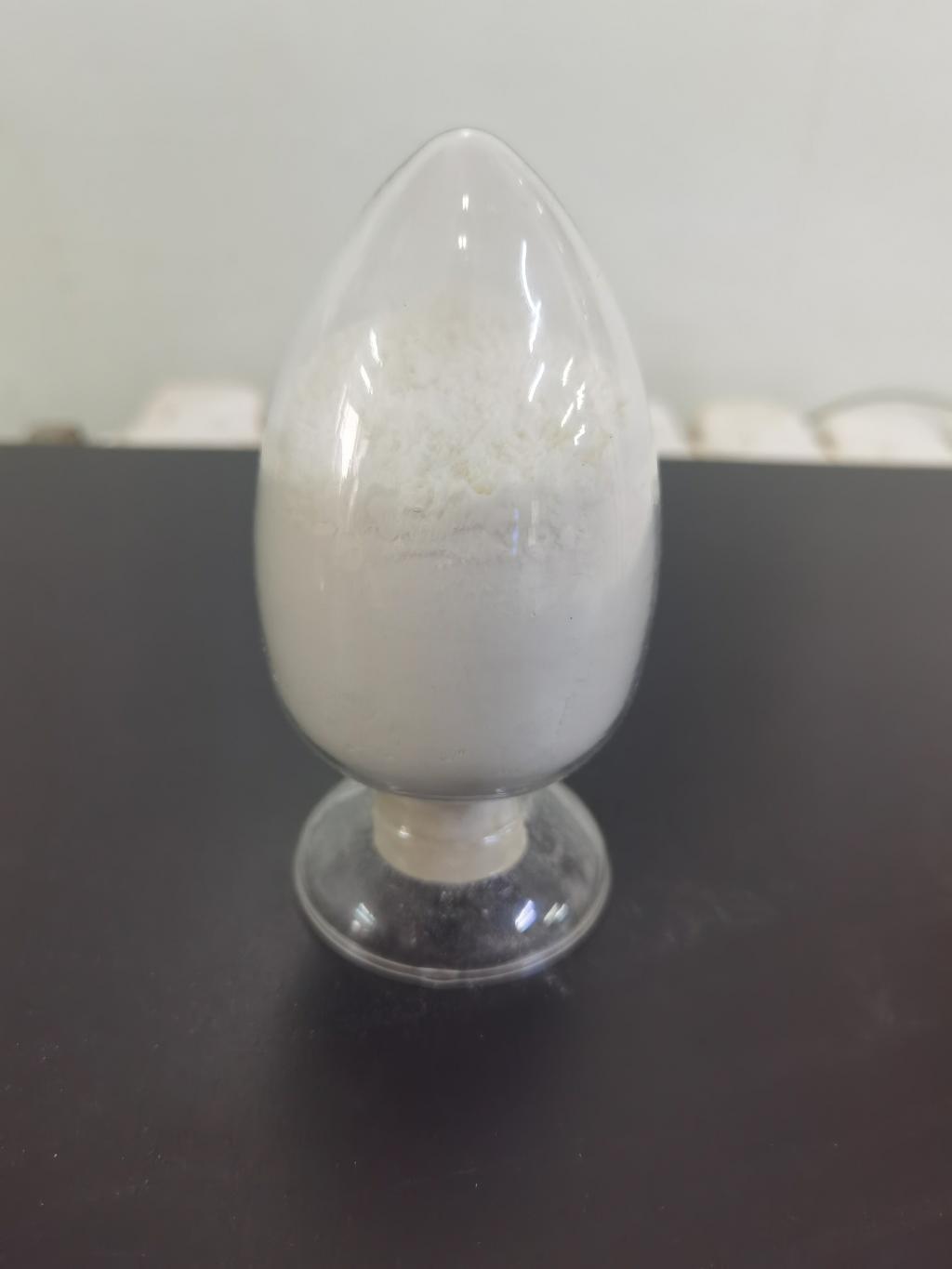Tel:+8618231198596

News
 CONTACT
CONTACT
 CONTACT
CONTACT
- Linkman:Linda Yao
- Tel: +8618231198596
- Email:linda.yao@dcpharma.cn
- Linkman:CHARLES.WANG
- Department:Overseas
- Tel: 0086 0311-85537378 0086 0311-85539701
News
The potential of ε-Polylysine hydrochloride to improve the shelf life of plant-based cheeses
TIME:2024-11-26
Challenges in Preserving Plant-Based Cheeses
Plant-based cheeses are diverse in composition, but they often share common preservation challenges:
Microbial Spoilage: High moisture content and nutrient-rich formulations create an ideal environment for bacteria, yeast, and mold growth.
Oxidation: Fats and oils used in plant-based cheeses, particularly those high in unsaturated fatty acids, are prone to oxidation, leading to rancidity and off-flavors.
Clean-Label Requirements: Consumers of plant-based products often prefer minimal processing and natural preservatives, limiting the use of synthetic additives.
How ε-Polylysine Hydrochloride Extends Shelf Life
Antimicrobial Efficacy
ε-Polylysine hydrochloride is highly effective against a wide spectrum of spoilage organisms, including bacteria and fungi. Its ability to disrupt microbial membranes helps prevent contamination and spoilage, ensuring product safety and quality.
Synergistic Effects with Packaging
When combined with advanced packaging methods such as vacuum sealing or modified atmosphere packaging (MAP), ε-Polylysine hydrochloride can further inhibit microbial growth by reducing oxygen exposure and enhancing its antimicrobial activity.
Maintaining Quality and Sensory Attributes
Unlike some preservatives that can alter taste or texture, ε-Polylysine hydrochloride is neutral in flavor and does not affect the sensory profile of plant-based cheeses. This allows it to preserve the product’s natural taste and texture.
Reduction of Food Waste
By extending the shelf life of plant-based cheeses, ε-Polylysine hydrochloride minimizes spoilage and reduces food waste throughout the supply chain, aligning with sustainability goals.
Applications in Different Plant-Based Cheese Types
Soft Cheeses (e.g., Cashew-Based Cream Cheese)
High moisture content in soft plant-based cheeses makes them particularly vulnerable to spoilage. ε-Polylysine hydrochloride can significantly reduce microbial contamination, extending their refrigerated shelf life.
Aged and Fermented Cheeses
In fermented plant-based cheeses, ε-Polylysine hydrochloride helps control undesirable microbial growth while allowing beneficial fermentation processes to proceed. This ensures consistent quality and safety during aging.
Shredded and Sliced Cheeses
Processed plant-based cheeses often face microbial contamination during handling and packaging. ε-Polylysine hydrochloride provides an additional layer of protection, ensuring freshness during extended storage.
Advantages of Using ε-Polylysine Hydrochloride
Natural and Vegan-Friendly: Derived from fermentation, ε-Polylysine hydrochloride is compatible with vegan product claims and appeals to consumers seeking natural alternatives.
Effective at Low Doses: Its high antimicrobial potency means that small amounts are sufficient, reducing the risk of overuse.
Environmentally Sustainable: By reducing spoilage, ε-Polylysine hydrochloride contributes to lower food waste, supporting sustainability in the plant-based food sector.
Challenges and Considerations
Regulatory Compliance
The use of ε-Polylysine hydrochloride must comply with local food safety and labeling regulations, which vary across regions. Clear guidelines for its inclusion in plant-based products are essential.
Cost Implications
As a specialty ingredient, ε-Polylysine hydrochloride may increase production costs, particularly for small-scale producers.
Compatibility with Formulations
Its efficacy may depend on the specific composition of plant-based cheeses. Optimizing concentration and application methods is crucial to achieve the desired shelf-life extension.
Future Research Directions
To fully harness the potential of ε-Polylysine hydrochloride in plant-based cheeses, future studies should focus on:
Optimizing Application Methods: Investigating how best to incorporate ε-Polylysine hydrochloride into different plant-based cheese formulations.
Combining with Other Natural Preservatives: Exploring synergistic effects with antioxidants like tocopherols or rosemary extract to enhance both microbial and oxidative stability.
Consumer Acceptance Studies: Understanding consumer perceptions of ε-Polylysine hydrochloride as a natural preservative in plant-based foods.
Conclusion
ε-Polylysine hydrochloride is a powerful and natural solution to the preservation challenges faced by plant-based cheeses. By inhibiting microbial growth and maintaining sensory quality, it supports the production of safe, sustainable, and long-lasting vegan cheese alternatives. As the plant-based food industry continues to innovate, ε-Polylysine hydrochloride will play a pivotal role in meeting consumer demands for freshness, safety, and clean-label ingredients.
- Tel:+8618231198596
- Whatsapp:18231198596
- Chat With Skype







